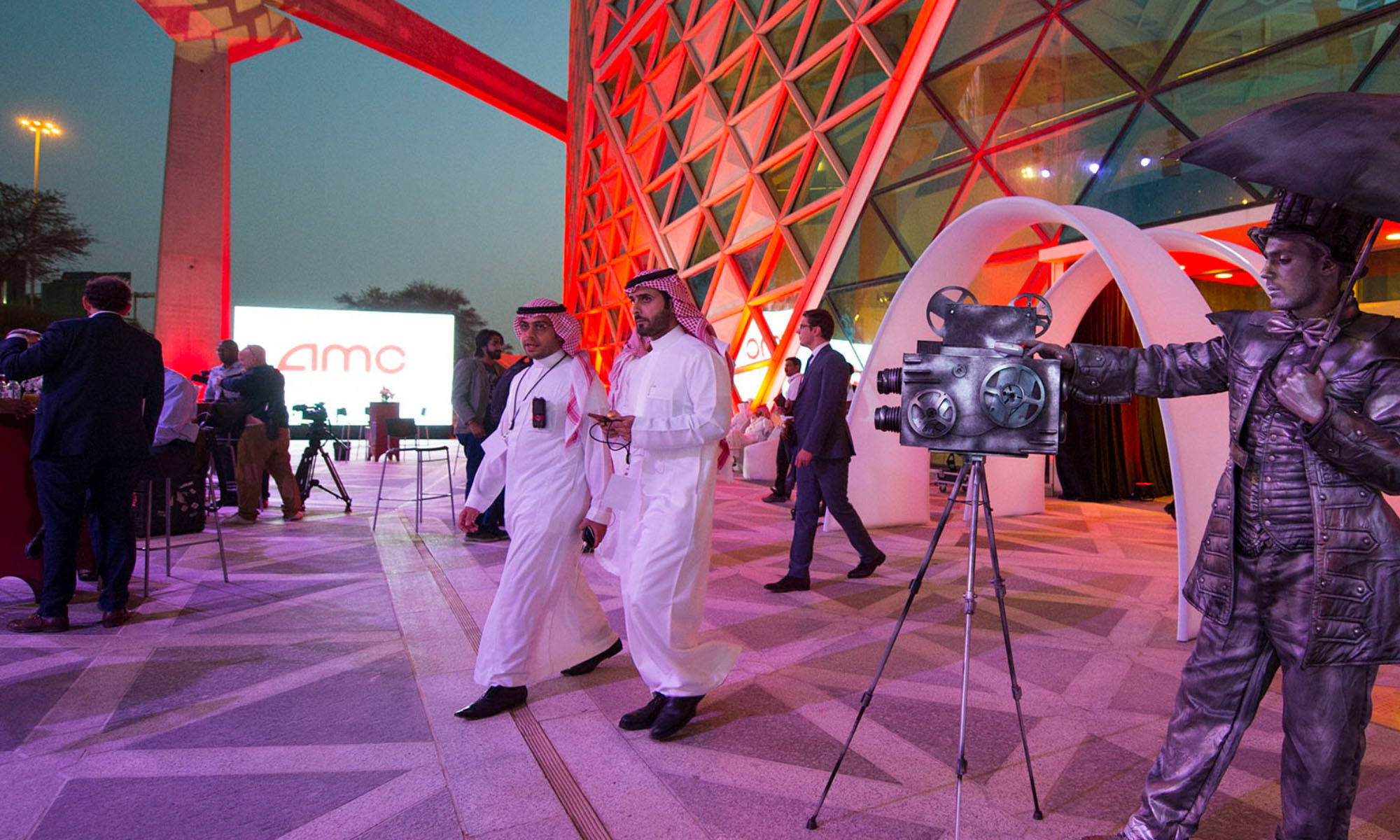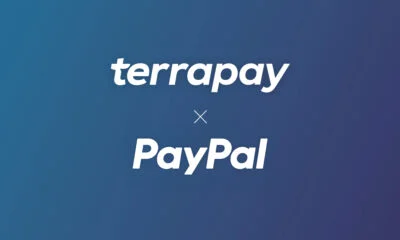News
Saudi Film Commission To Explore AI In The Movie Industry
The Ministry of Culture’s Film Commission met to discuss how Artificial Intelligence can improve both film production and marketing.

Recent advances in artificial intelligence (AI) seem to be making the headlines regularly, as ChatGPT and various art creation tools take the internet by storm.
Now, however, AI looks set to transform the film industry, with up-and-coming filmmaker Ahmed Al-Hamoud and Ahmed Kaky — an AI researcher from John Moores University — collaborating on an innovative AI technology that will transform the cinematic frame, blending creative ideas with technical insight.
Powerful AI software isn’t just able to write scripts and compile camera data. The technology could also be used to predict the success of movie projects, design graphics and even promote new movies.
Also Read: Gen Z Spearheading Payment Innovation In The Middle East
The Saudi Ministry of Culture’s Film Commission has been closely monitoring the developments of this new technology and is now actively exploring how it can be put to work in the movie industry. At a recent meeting, the film commission noted that computer vision, deep learning, and robotics could aid film production, marketing, and distribution and help make the industry more competitive.
However, although the Saudi Film Commission looked favorably at the use of AI, they also observed that the technology could easily be used for counterfeiting and warned of stagnation if the software was used too frequently.
News
Google Releases Veo 2 AI Video Tool To MENA Users
The state-of-the-art video generation model is now available in Gemini, offering realistic AI-generated videos with better physics, motion, and detail.

Starting today, users of Gemini Advanced in the MENA region — and globally — can tap into Veo 2, Google’s next-generation video model.
Originally unveiled in 2024, Veo 2 has now been fully integrated into Gemini, supporting multiple languages including Arabic and English. The rollout now brings Google’s most advanced video AI directly into the hands of everyday users.
Veo 2 builds on the foundations of its predecessor with a more sophisticated understanding of the physical world. It’s designed to produce high-fidelity video content with cinematic detail, realistic motion, and greater visual consistency across a wide range of subjects and styles. Whether recreating natural landscapes, human interactions, or stylized environments, the model is capable of interpreting and translating written prompts into eight-second 720p videos that feel almost handcrafted.
Users can generate content directly through the Gemini platform — either via the web or mobile apps. The experience is pretty straightforward: users enter a text-based prompt, and Veo 2 returns a video in 16:9 landscape format, delivered as an MP4 file. These aren’t just generic clips — they can reflect creative, abstract, or highly specific scenarios, making the tool especially useful for content creators, marketers, or anyone experimenting with visual storytelling.
Also Read: Getting Started With Google Gemini: A Beginner’s Guide
To ensure transparency, each video is embedded with SynthID — a digital watermark developed by Google’s DeepMind. The watermark is invisible to the human eye but persists across editing, compression, and sharing. It identifies the video as AI-generated, addressing concerns around misinformation and media authenticity.
While Veo 2 is still in its early phases of public rollout, the technology is part of a broader push by Google to democratize advanced AI tools. With text-to-image, code generation, and now video creation integrated into Gemini, Google is positioning the platform as a full-spectrum creative assistant.
Access to Veo 2 starts today and will continue expanding in the coming weeks. Interested users can try it out at gemini.google.com or through the Gemini app on Android and iOS.






















